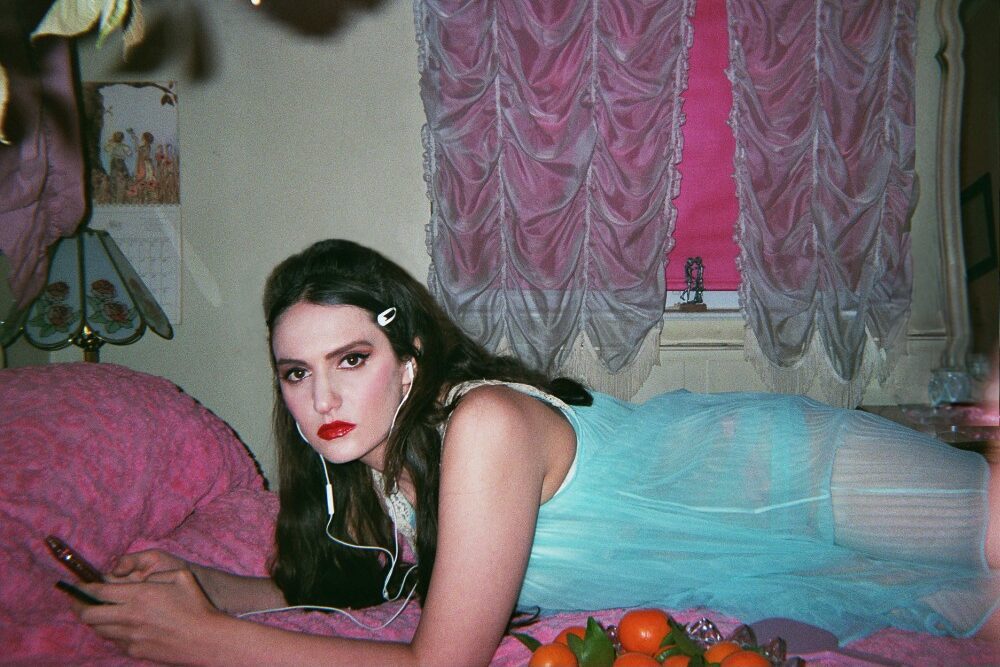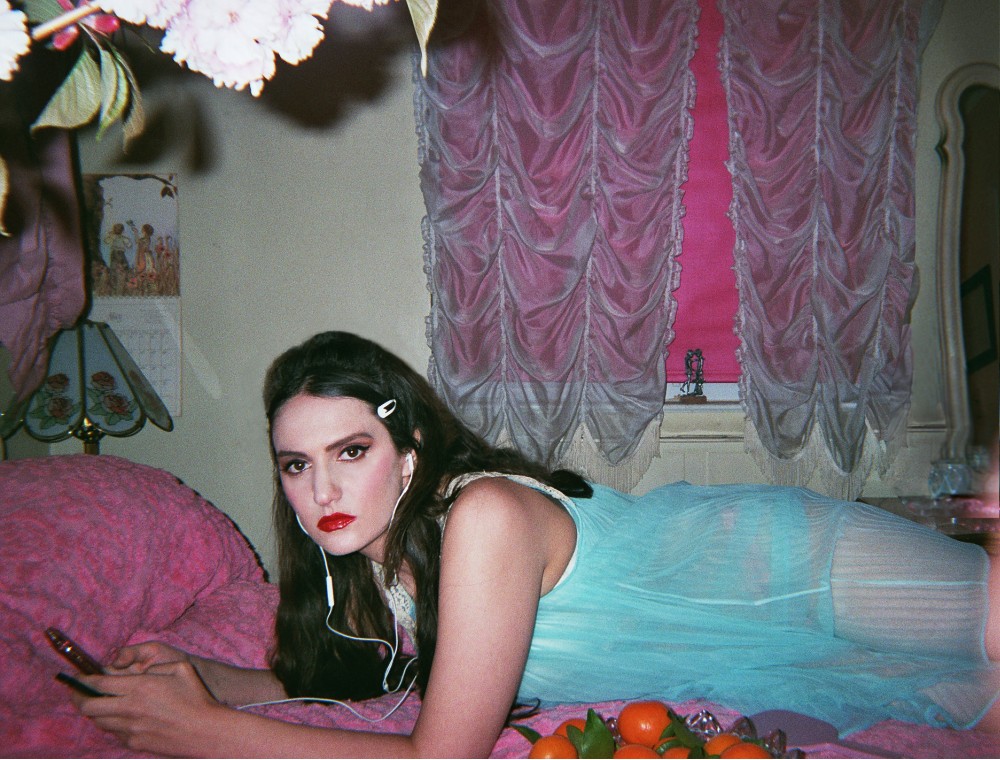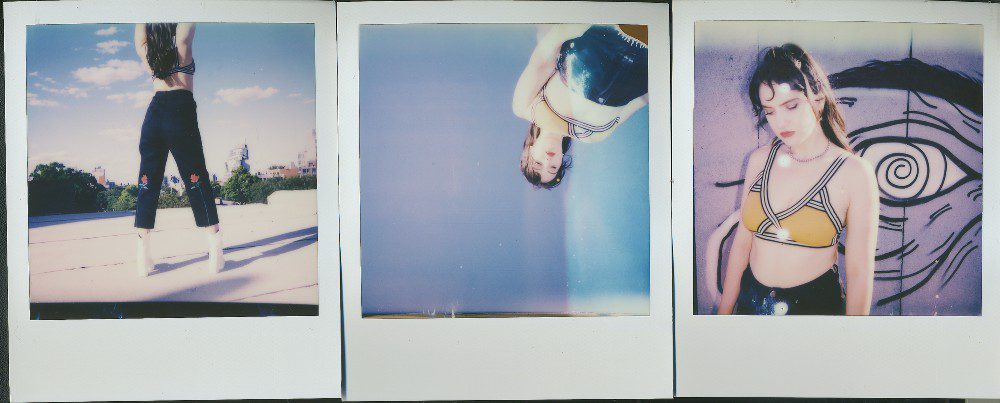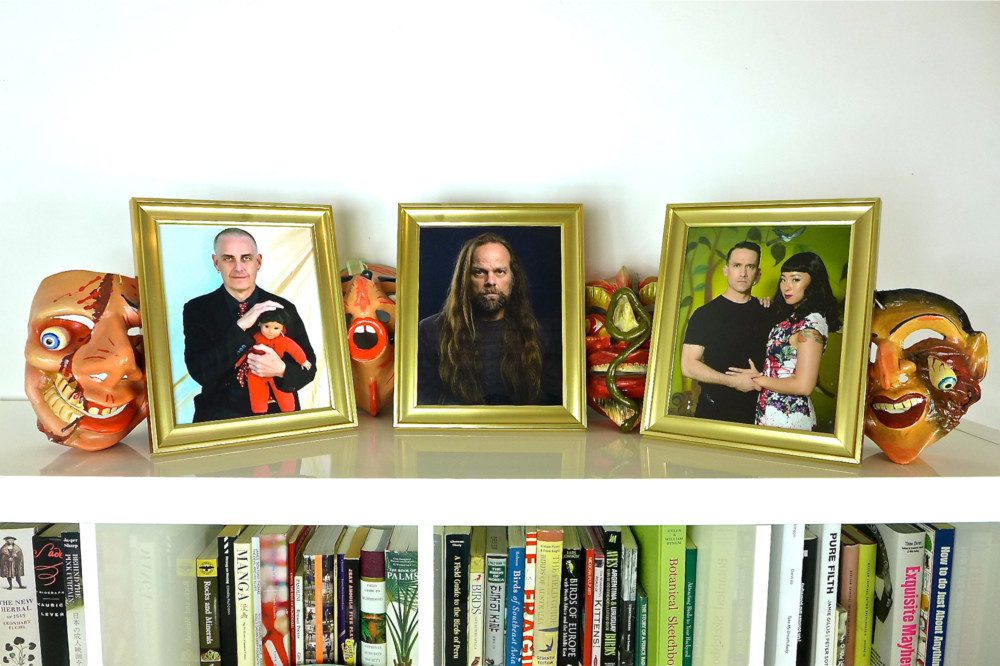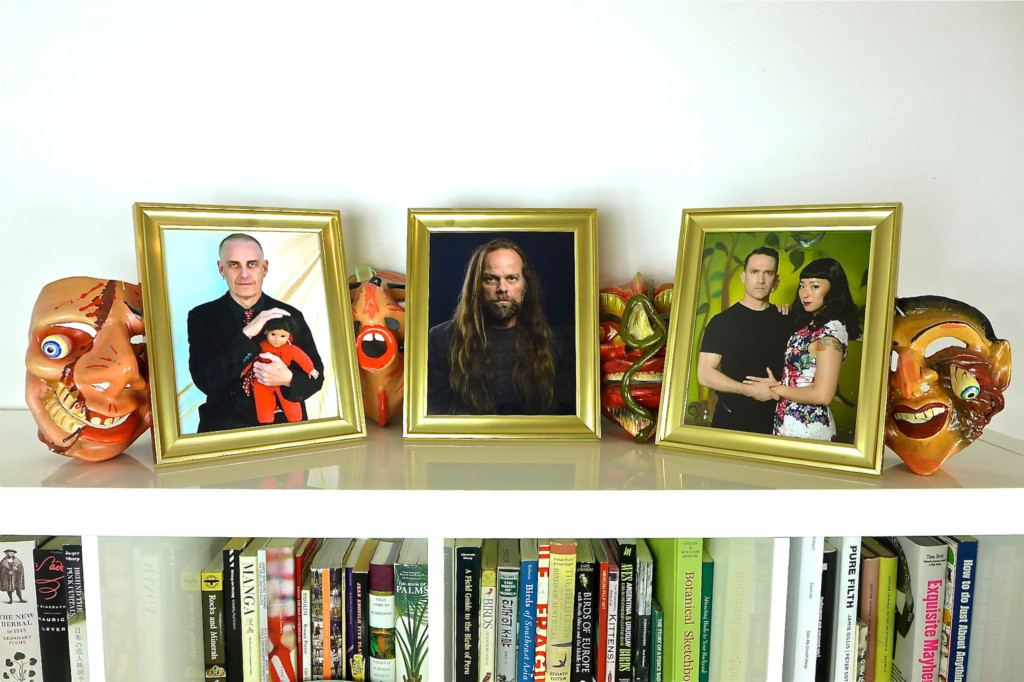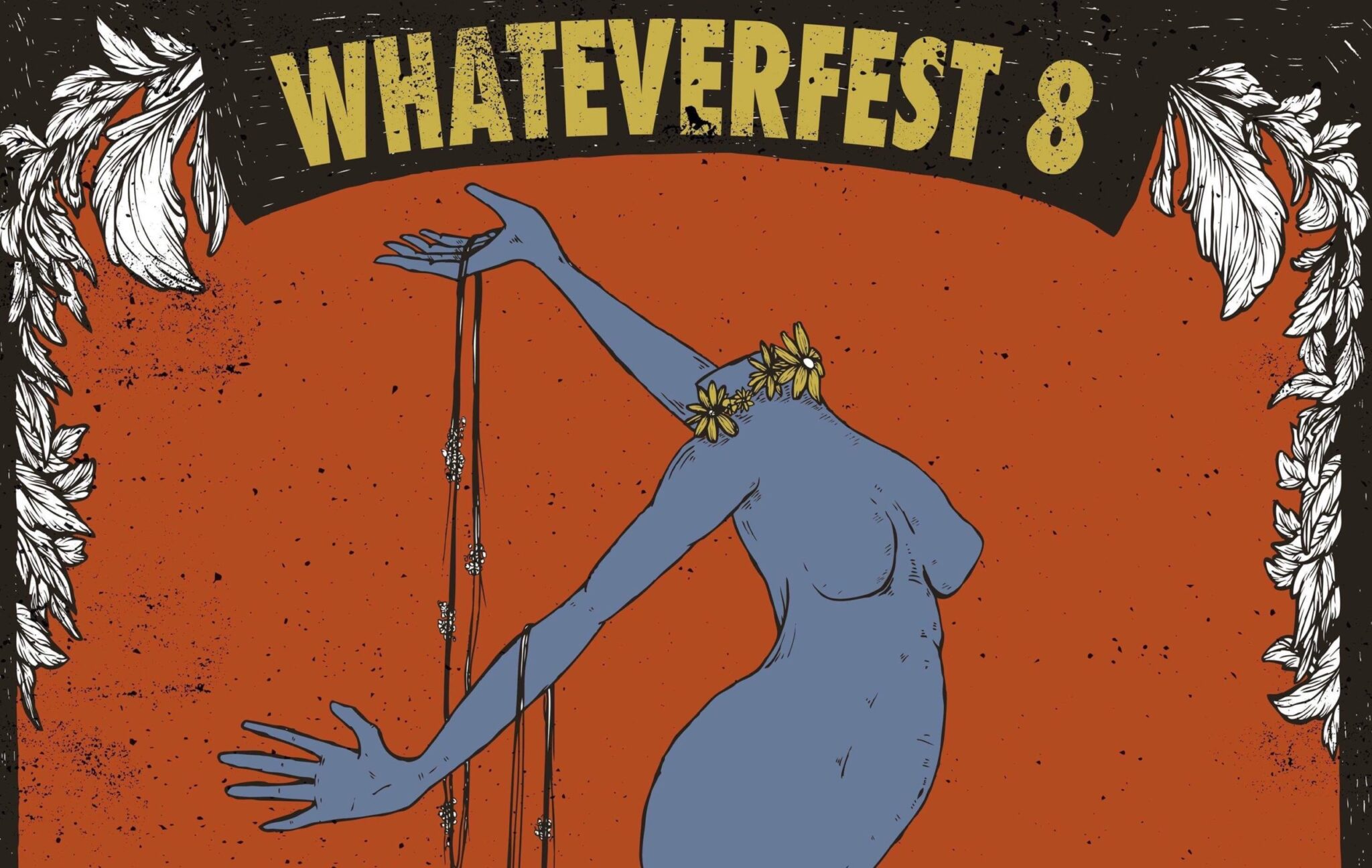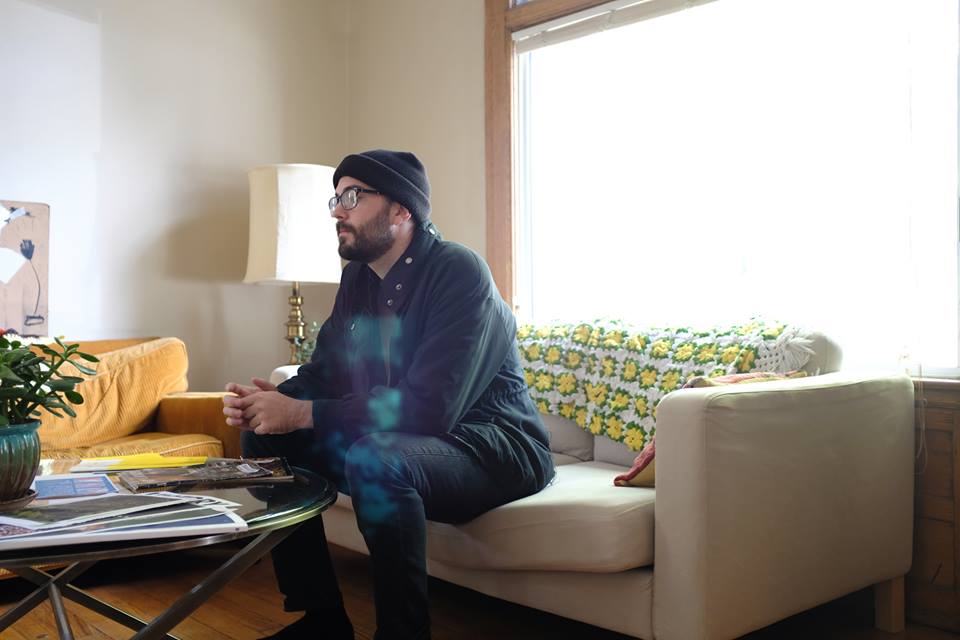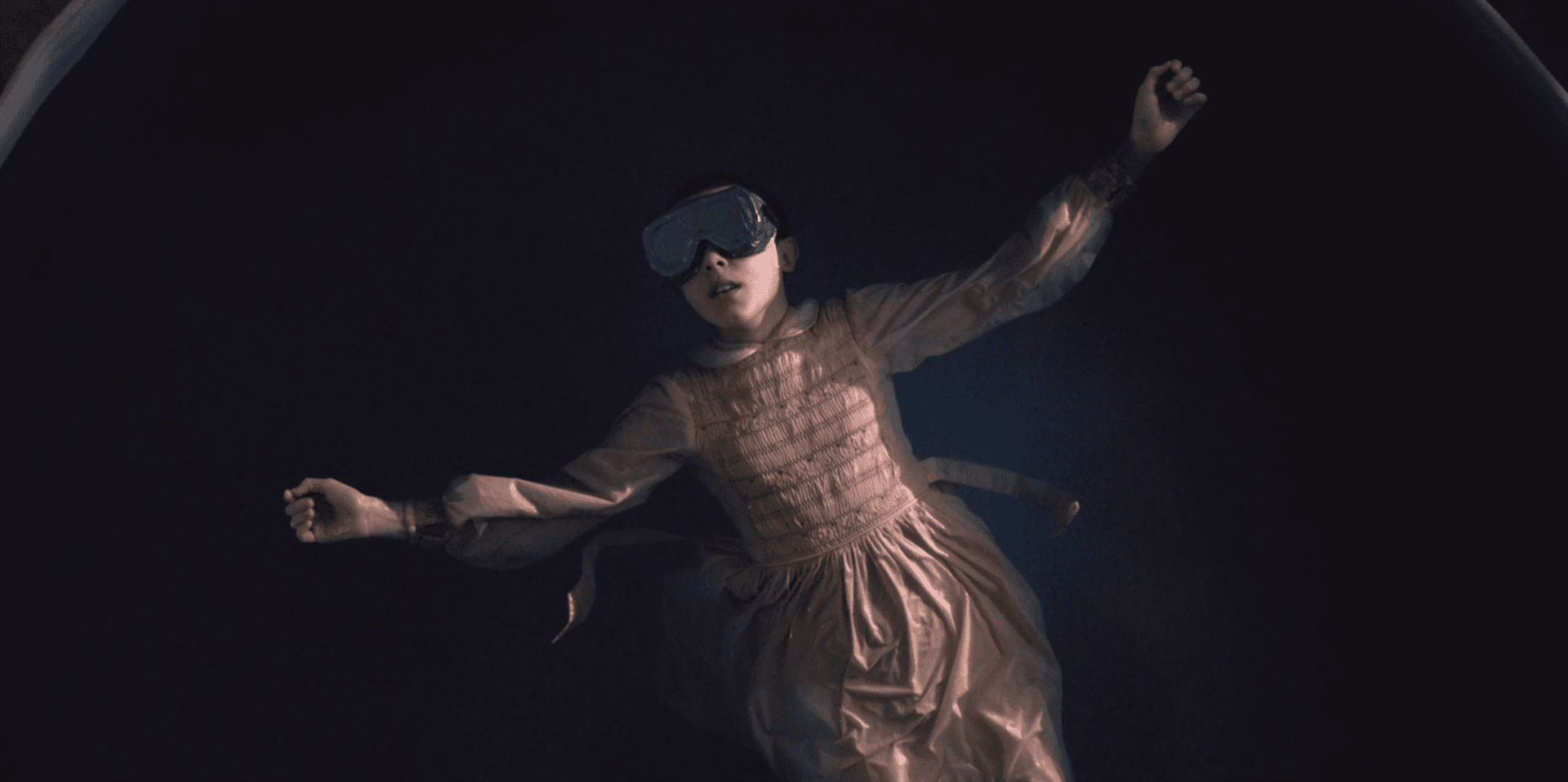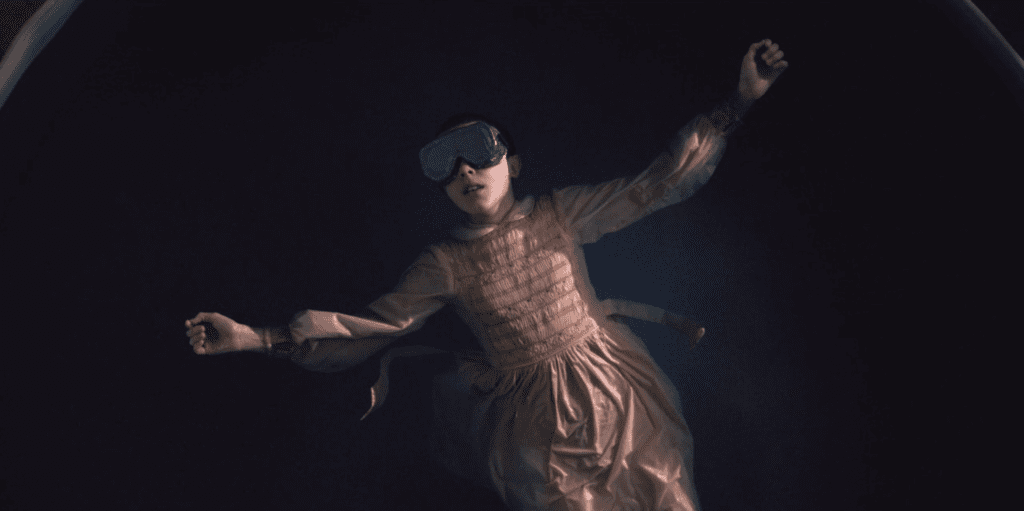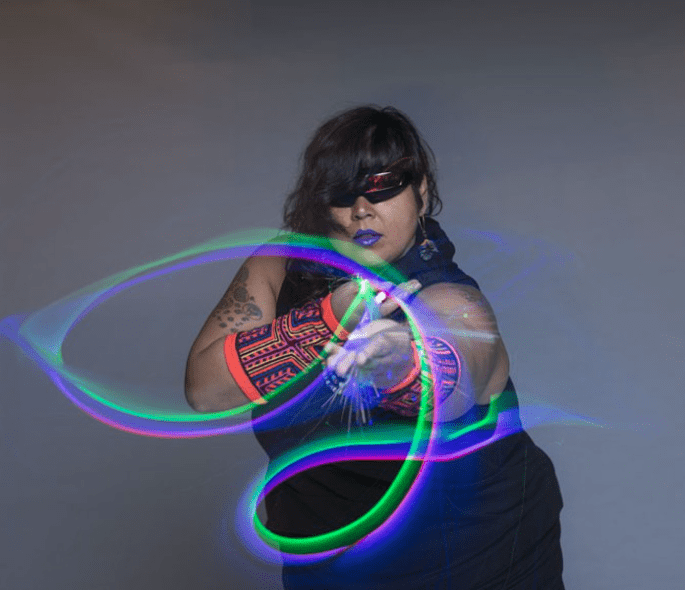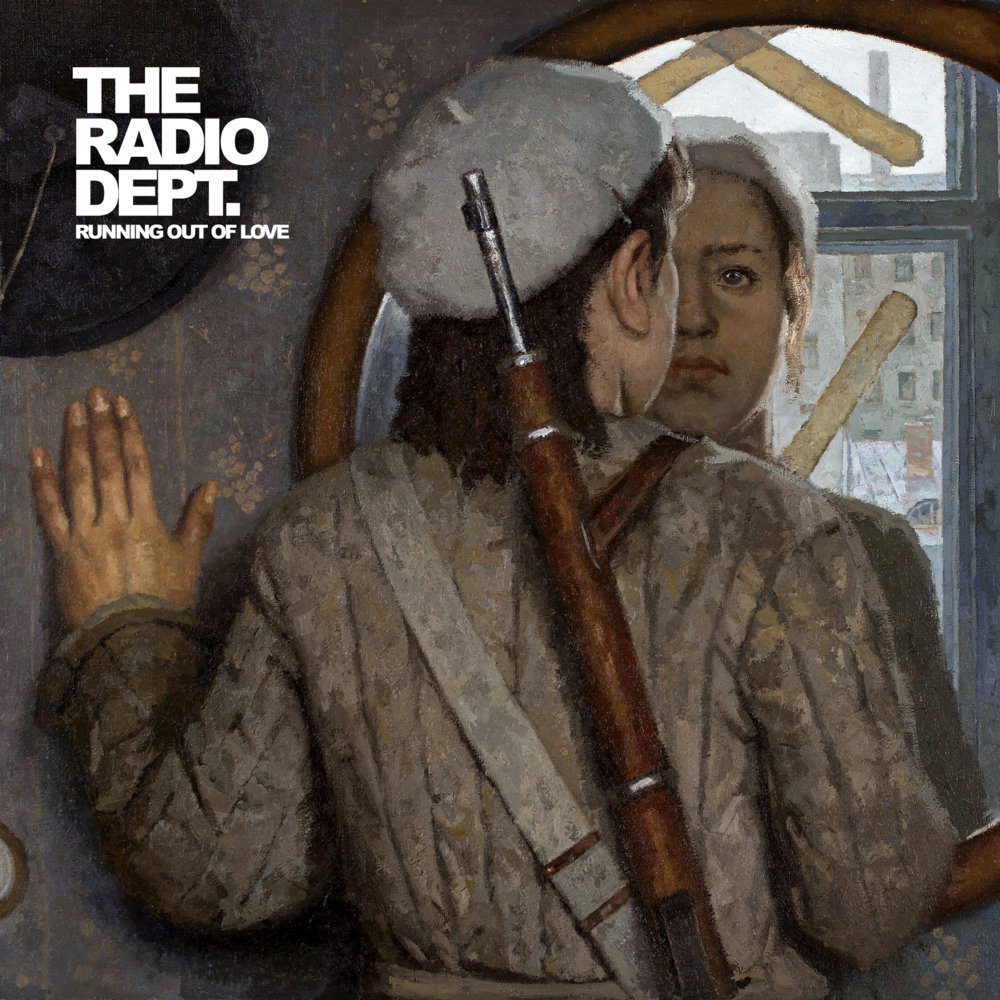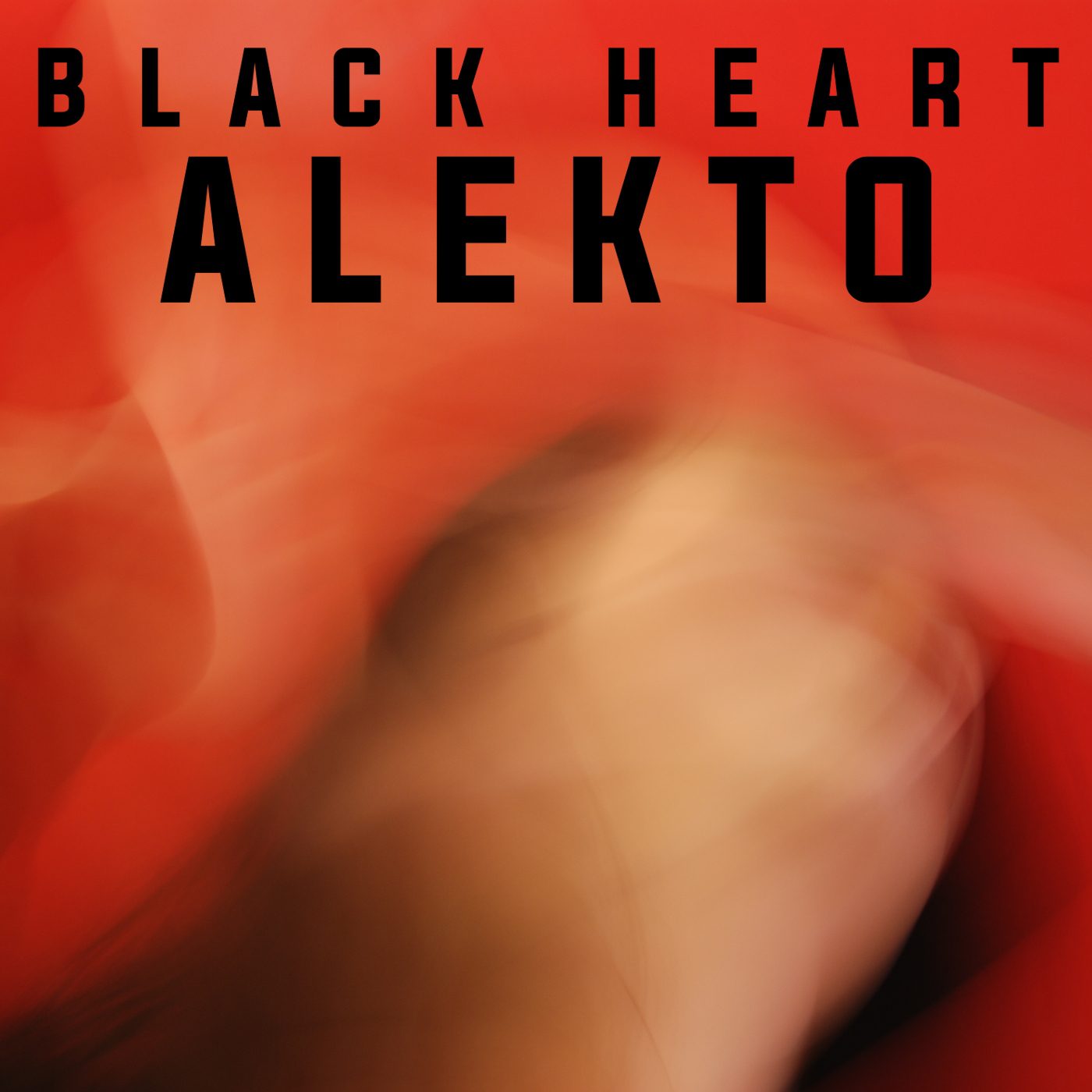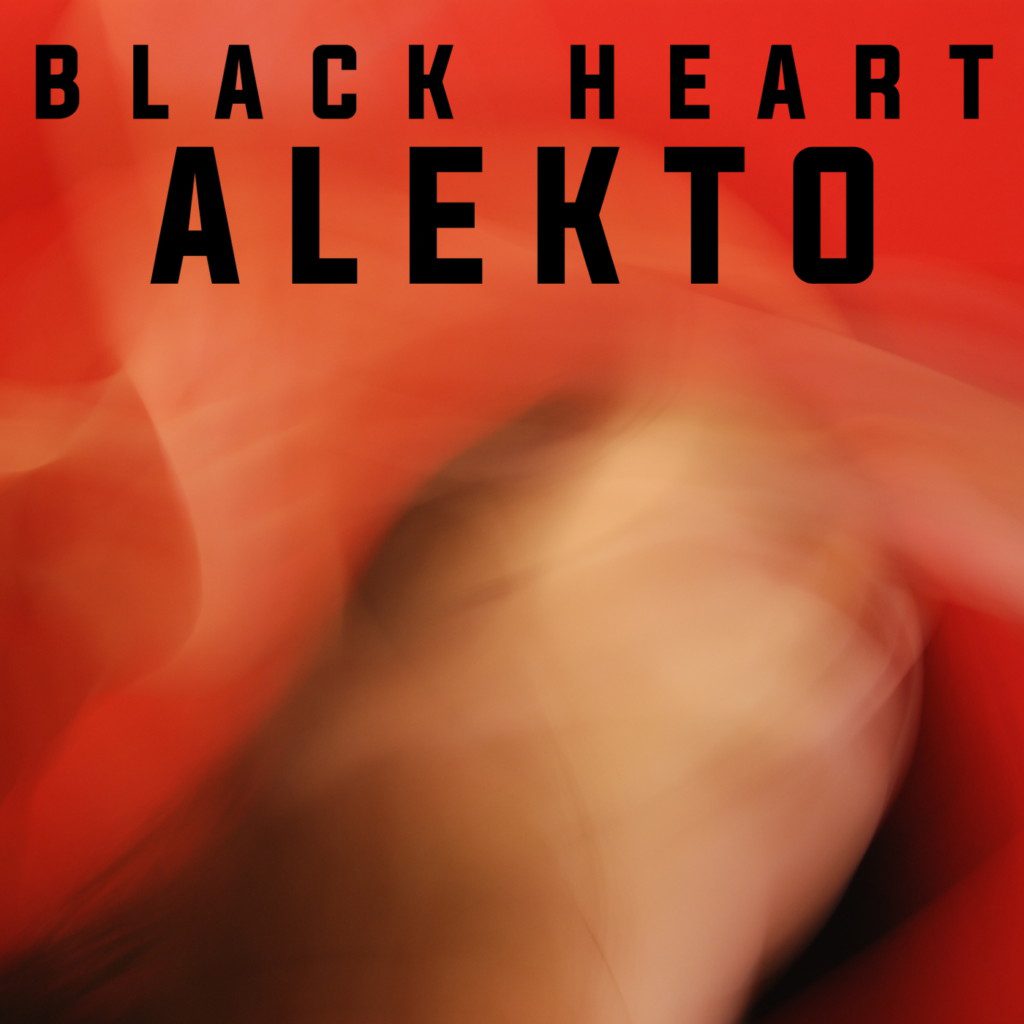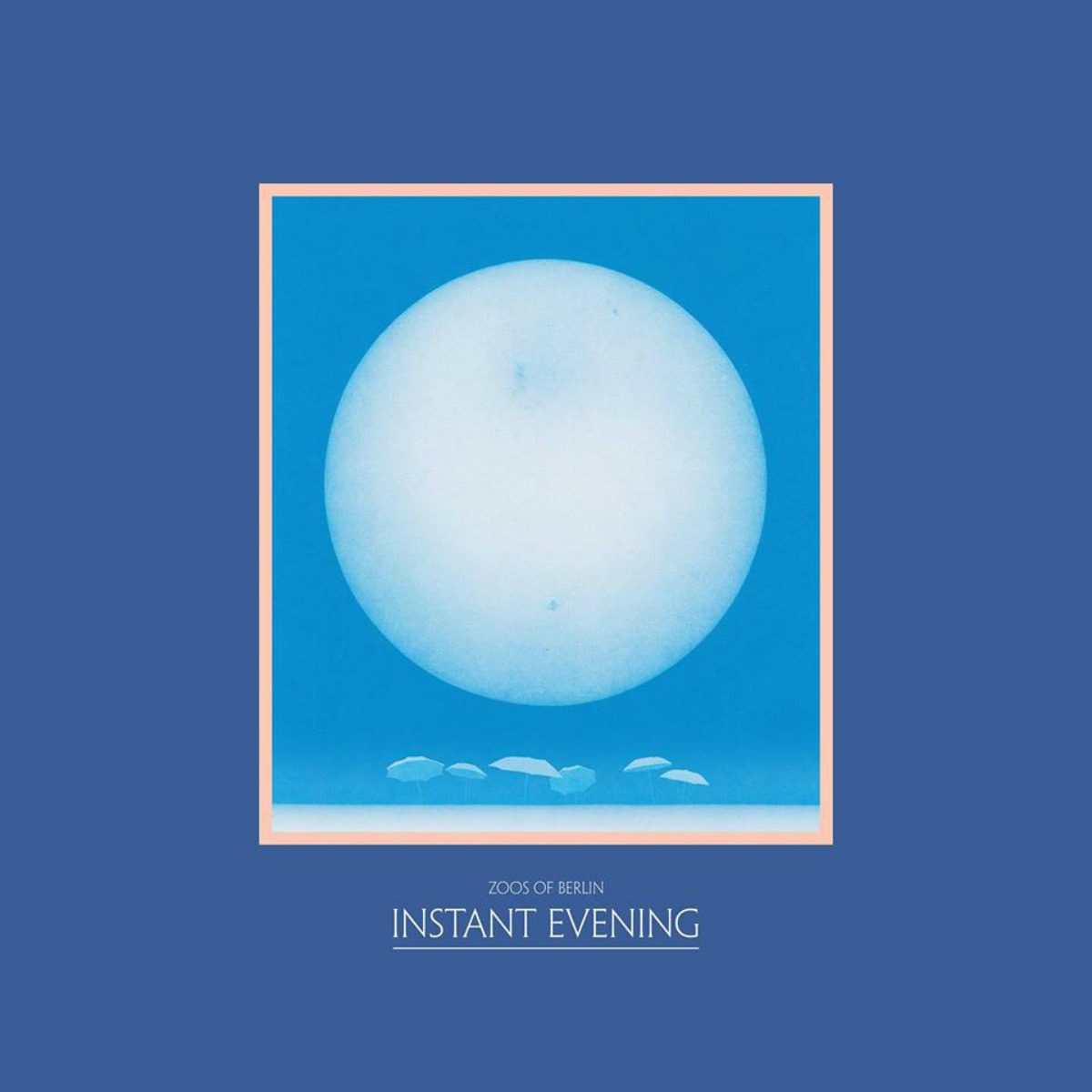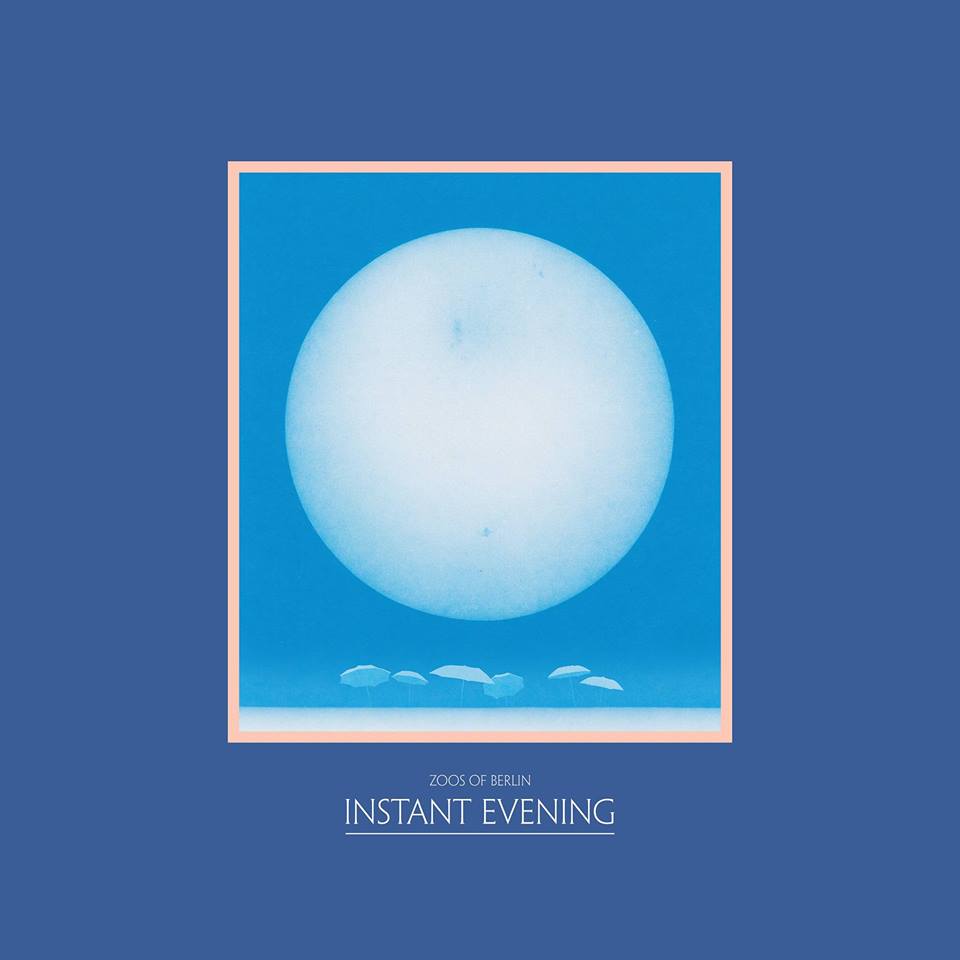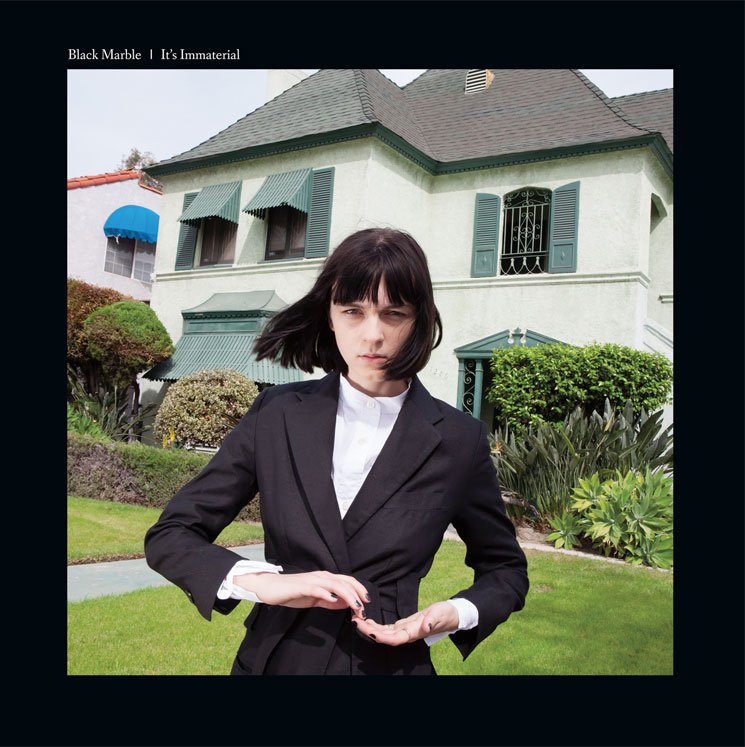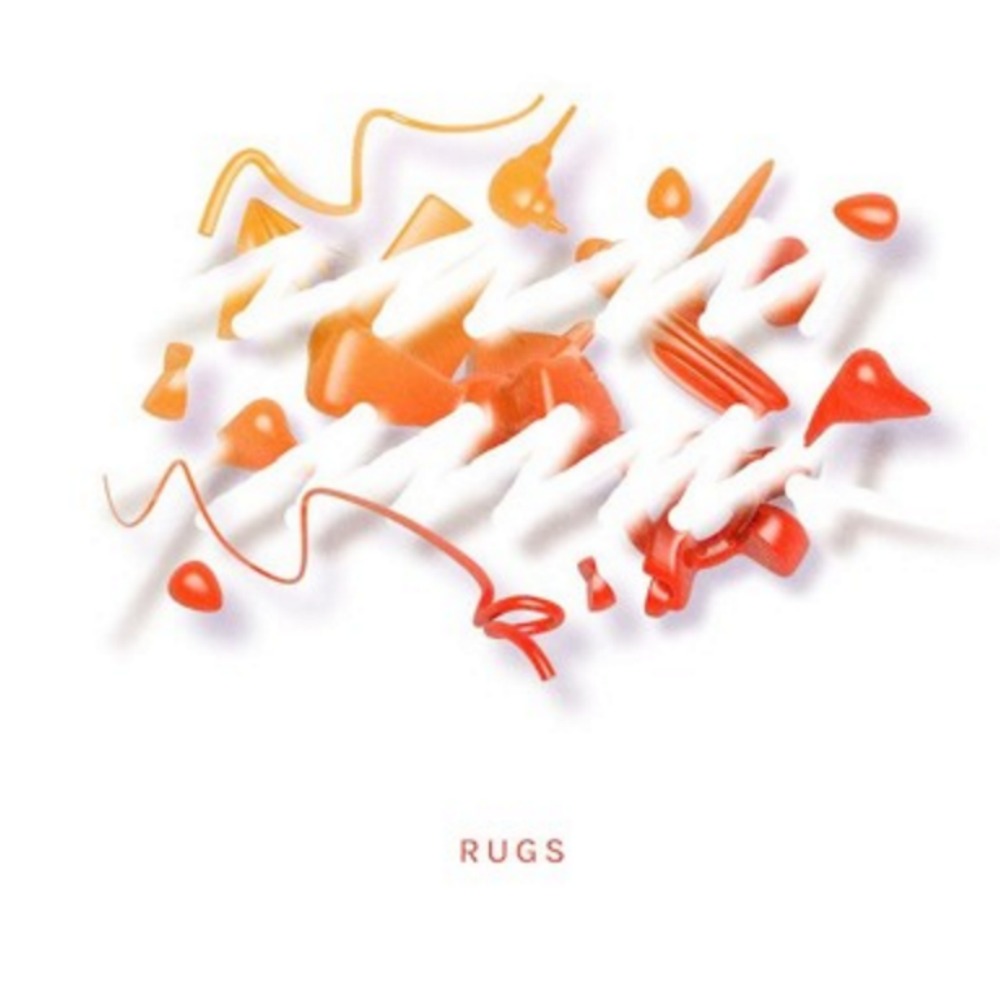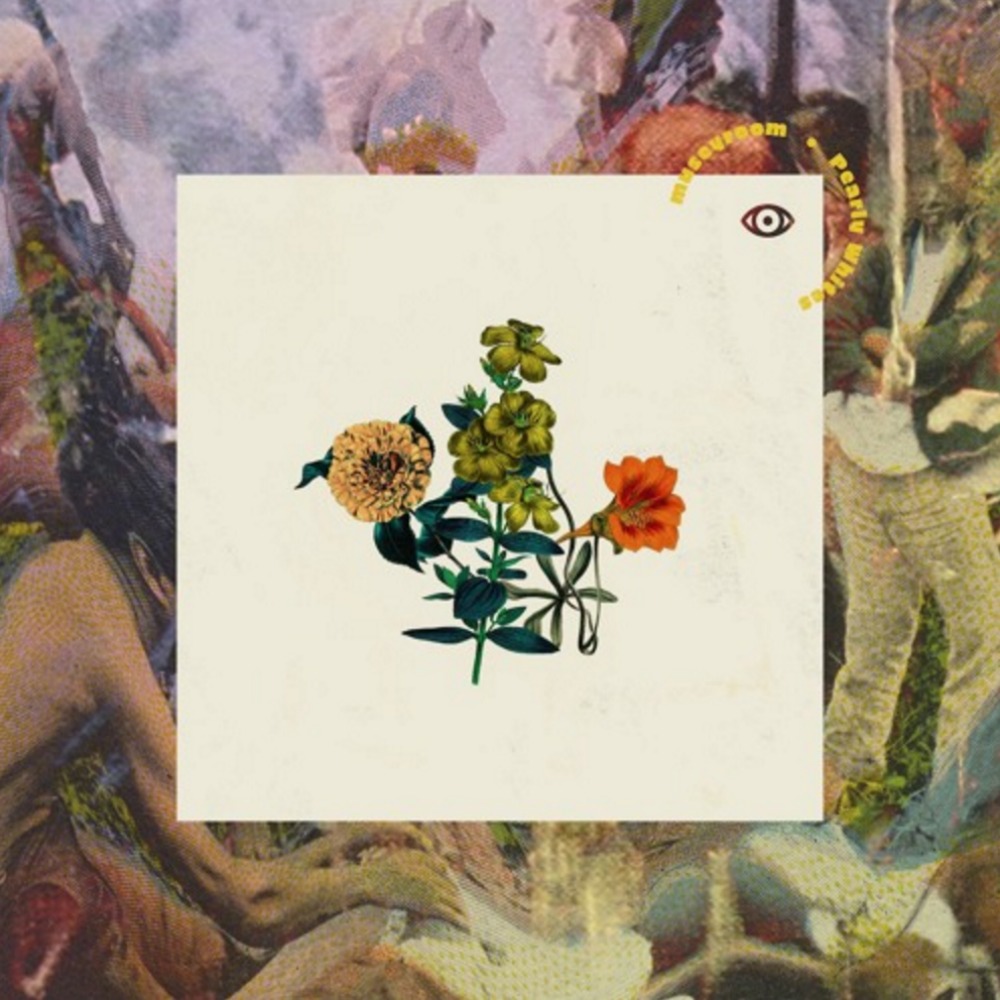

Étoile, the latest EP from Japanese musician Noah, is comprised of only three tracks and clocks in at just 12 minutes. Yet, the Hokkaido-born, Tokyo-based artist has packed in an album’s-worth of emotion that unfolds like a film score.
One of her influences in making this EP, out October 27 via Flau Records, was music for fashion shows. Noah considered how the music would sound as models walked down the runway while she was working on the transitions between tracks.
Noah says that she did think of the transitions between songs in making the album. “I was wondering ‘Is this combination effective if used in an actual fashion show?’ Because there are various possibilities if so,” she explains in an email interview.
“It’s a lot of fun to think about the composition,” says Noah. “I’m very interested in music which you enjoy with the visuals like you might see at a fashion show, versus a mix more suitable for dancing.” She adds that the atmosphere of Étoile, as well as making music that works well with video or live visuals, is something that she would like to further pursue.
One of Noah’s early influences is Readymade FC and she was particularly inspired by a Dior Homme fashion show from 2002 that used the French producer’s music. More recently, she’s looked to the work of brands like Chanel and Louis Vuitton. “They are not only elegant, but also deep and powerful. A mixture of tradition and new things,” she says. Noah has an appreciation for such juxtapositions. “I like the nuances with exquisite margins created by combinations. I feel that some of those things are what I want to express,” she says.
That attention to both the classic and contemporary is evident on Étoile. She makes use of chorus-style vocals on the album. “The chorus helped build a more mysterious and romantic worldview. I tried to sing like an opera to create an old-fashioned atmosphere,” she says.
She collaborated with designer Yuto Sugaya on the cover. “He was very intuitive and understood what I wanted to do and reflected it in the best way,” she says. In the process of working on the cover, Noah showed Sugaya Flexion, Readymade FC’s music for that nearly 20-year-old Dior Homme fashion show that influenced her. “He took the avant-garde spirit that was transmitted from the CD and made it into a beautiful shape,” she says.
In the end, Noah says that the individual songs that comprise Étoile weren’t terribly difficult to make. “I was in a state of accepting what I can and cannot do, so I think I was able to demonstrate my ability to be honest without overdoing it,” she says. “In fact, the working time was also very short. It took only a few months, including the completion of the three songs. This is a very short period for me.”
However, Étoile did come out of a time of creative challenges and revelations for Noah. “As I continued to work as an artist, it was getting more and more painful when I realized that I was pursuing my ideals and seeking results. I wasn’t motivated and even though I love music so much, I wasn’t able to enjoy it,” she says.
“I’ve had a few years of wondering why I’m a boring person, why I’m not happy with myself, and I was feeling like I was getting lost in a maze with no exit,” Noah explains. “About two years ago, I started meditating and studying the spiritual world deeply, and gradually I realized that my heart was being left behind.”
She continues, “I faced myself thoroughly and I got to know myself little by little. Sometimes it was very painful to face the side that I didn’t want to see. Though I’m still in the process, gradually I learned to relax and take it easy. This isn’t just about behavior – the noisy voice gradually calmed down. I took a long time to rebuild the wobbling foundation.”
Part of Noah’s process has been to acknowledge and accept the myriad emotions that she experiences. “I was thinking that I was just a happy and fun person before, but I found hidden anger and sadness deep inside of me. I didn’t avoid those feelings this time because I learned that it is part of an identity, an important thing that shapes people, and that it is not bad at all,” she says. “I also learned that human thoughts and concepts can be both good and bad, so I began to love and accept my light and darkness. From there, Étoile was born when I wrote a song without hesitation.”
She adds, “I loved myself in the past when I was struggling, and it was an important time, and for it I am grateful.”
Follow Noah on Facebook for ongoing updates.

